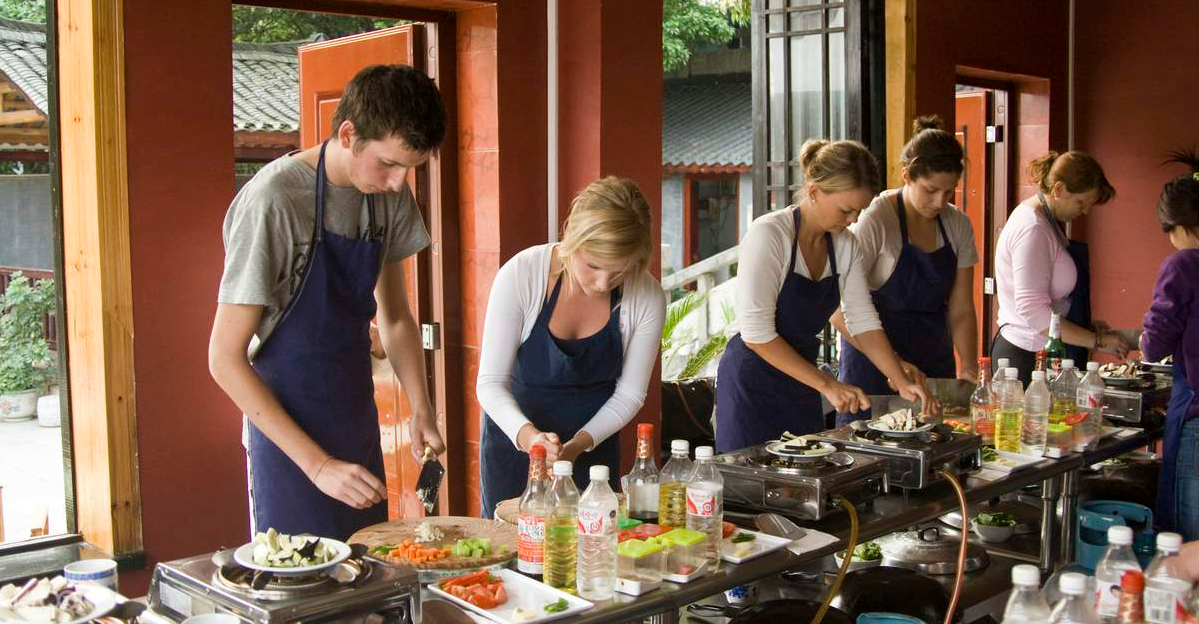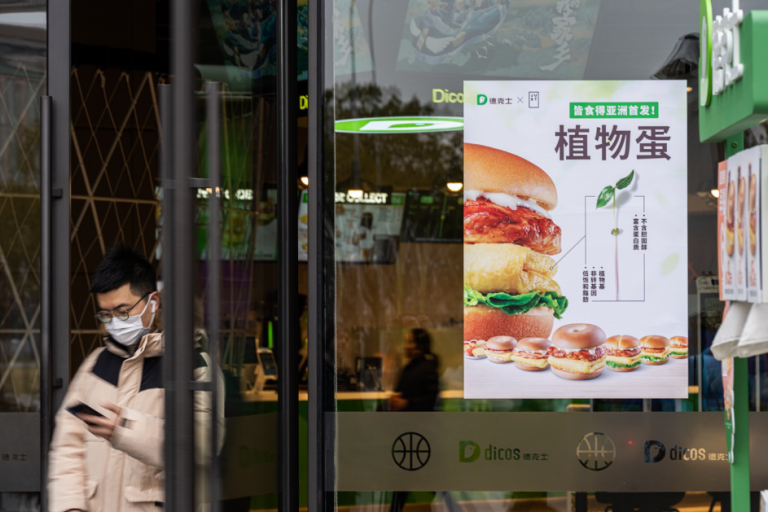Tips to launch your cooking training program in China

Many people living in China at one point or another have dreamed about opening up their own restaurant, café, or some other sort of food and beverage establishment. In the past years creating your very own cooking programs has been very popular in China, moreover, with China being the largest food market in the world, it offers many exciting opportunities for two main reasons. Firstly, foreign food is increasingly becoming popular.
As people’s opinion of food and restaurants is diversifying. Secondly, there has been a huge increase in the average Chinese disposable income. Meaning the Chinese are more willing to spend on foreign cuisine.
Cost-Effective Agency
KPI and Results focused. We are the most visible Marketing Agency for China. Not because of huge spending but because of our SMART Strategies. Let us help you with: E-Commerce, Search Engine Optimization, Advertising, Weibo, WeChat, WeChat Store & PR.
Step 1: Market Research
The first step is to find out how much of a demand there is for your product or service. For example, if you want to open a bakery, it would be wise to find out how many bakeries there are in the city. Then, it would be useful to also find out what types of bakeries (both Western and Chinese) and also to garner a better idea of the current market situation.
As long as you have a plan of what to provide, stick to it. There’s nothing wrong with wanting to offer a little bit of everything. It will be very wise to take a simple original idea and stick with it.
Step 2: Finding the Perfect Location
The first thing to do is to find the location for the establishment you are creating. This can be particularly tricky, as the investor must lease the restaurant premises before starting the registration process for the food and beverage business. To avoid renting out a location that will be denied business registration, investors should be extra careful to find a business location that can pass inspections.
It is often possible to ask for consultations from the Environmental Protection Bureau (EPB), Hygiene Bureau, the local department of the Ministry of Commerce, and the Administration of Industry and Commerce (AIC) to verify certain requirements, such as whether the location will be able to obtain a license for the disposal of wastewater.
Generally, people looking for a location prefer to find a site that is currently in use as a food and beverage operation. This will require the investor to pay a transfer fee to the current leaser. Usually, the fee will vary depending on the location, but it is usually at least RMB 100,000 (= EUR 12,697/USD 15,229: estimations may vary).
If investors decide instead to opt for a location that was not previously used for a food and beverage operation, they will need to remodel it in order to make sure it passes inspections. This option can be riskier, and costly too – as redecoration companies tend to charge a service fee of around RMB 10,000 (= EUR 1296/USD 1523) per sq. meter, adding to that the costs of materials.
Even if the investor acquires the necessary permits and certifications, if residents in the area find the food and beverage operation to be disruptive to the community, the business license can be revoked.
Step 3: Licences & Registrations for Food Businesses
Register your company name
Before applying for any licenses and authorizations, all investors have to apply at the local AIC in order to register the business name and to check its availability. The AIC will issue a “Notice of Company Name Reservation” after they double-check to make sure that the company name has not previously been used anywhere else in the province.
Licenses: Health and Food Hygiene
After obtaining a company business license and the Notice of Company Name Reservation issued by the AIC (mentioned earlier), investors then have to get approval for health and food safety licenses.
- A Catering License: is required for catering service providers, both individuals, and organizations, that are involved in the provision of group meals. If you intend to provide services in different locations, then each location needs to have its own license.
Step 4: Establishing the W.F.O.E or J.V
The steps for establishing your business will very much depend on how the business is being registered. In China, foreigners are not allowed to be the sole owners of the food business, but they are able to open it as a limited-liability Wholly Foreign-Owned Enterprise (WFOE) or through a Joint Venture (JV) with a Chinese citizen as a business partner.
In addition, some foreign investors may prefer to choose to let the Chinese partner(s) open the business to simplify the registration process, but investors should be aware that this will not allow them to have any legal rights. The business project will be approved by the Ministry of Commerce, which will issue an approval letter and an approval certificate that can be taken to the AIC to register the company business license.
Risks and Challenges
One thing investors should bear in mind is to be ready to face China’s fluctuating real estate market in order to develop their business operations. While most restaurants in global cities like New York City and London operate on at least 10-year leases, leases for food and beverage operations in China are often five-year leases, some even just three years.
In addition, owners in top-tier cities like Shanghai pay a much larger percentage of their profits on business leasing than they would in other parts of the world. In a survey on restaurant leasing fees conducted by SmartShanghai, it was found that paying 15% of restaurant earnings on rent is the norm, with most restaurant owners paying between 10% and 20% on leasing.
In contrast, restaurant owners in some of the world’s most expensive cities, like New York City, pay around 10% of their profits in rent. High rental costs can often be reasons why food and beverage businesses go out of business, especially in the beginning, when changes to business strategy sometimes have to be made.
In addition, after signing the lease investors should be ready to spend at least 2 to 3 months in order to acquire all the required licenses and permits to open the food and beverage business. It is sometimes possible to negotiate with the landlord to have a rent-free period of 1 to 2 months after signing the lease, which will be helpful in case the investor encounters delays in obtaining all the appropriate licenses necessary to start operation.
Promoting your business and attracting customers
Social media are the best way to make yourself known
As you may know, major western applications such as Facebook, YouTube, and Twitter are blocked in China, however, there are Chinese apps that are equivalent to the ones mentioned above. Tencent WeChat and Weibo have been attracting millions of users, making China the world’s biggest social media market, these also represent potential customers for you if you manage to interest and attract them!
Companies that plan to succeed in China must develop a good digital marketing strategy on these platforms. GMA helps you create and manage an active community on social media that will generate engagement and awareness of your brands. In other terms, use communities to spread the word.

Do you want to know more about How to market your brand in the Chinese market? Contact us.






